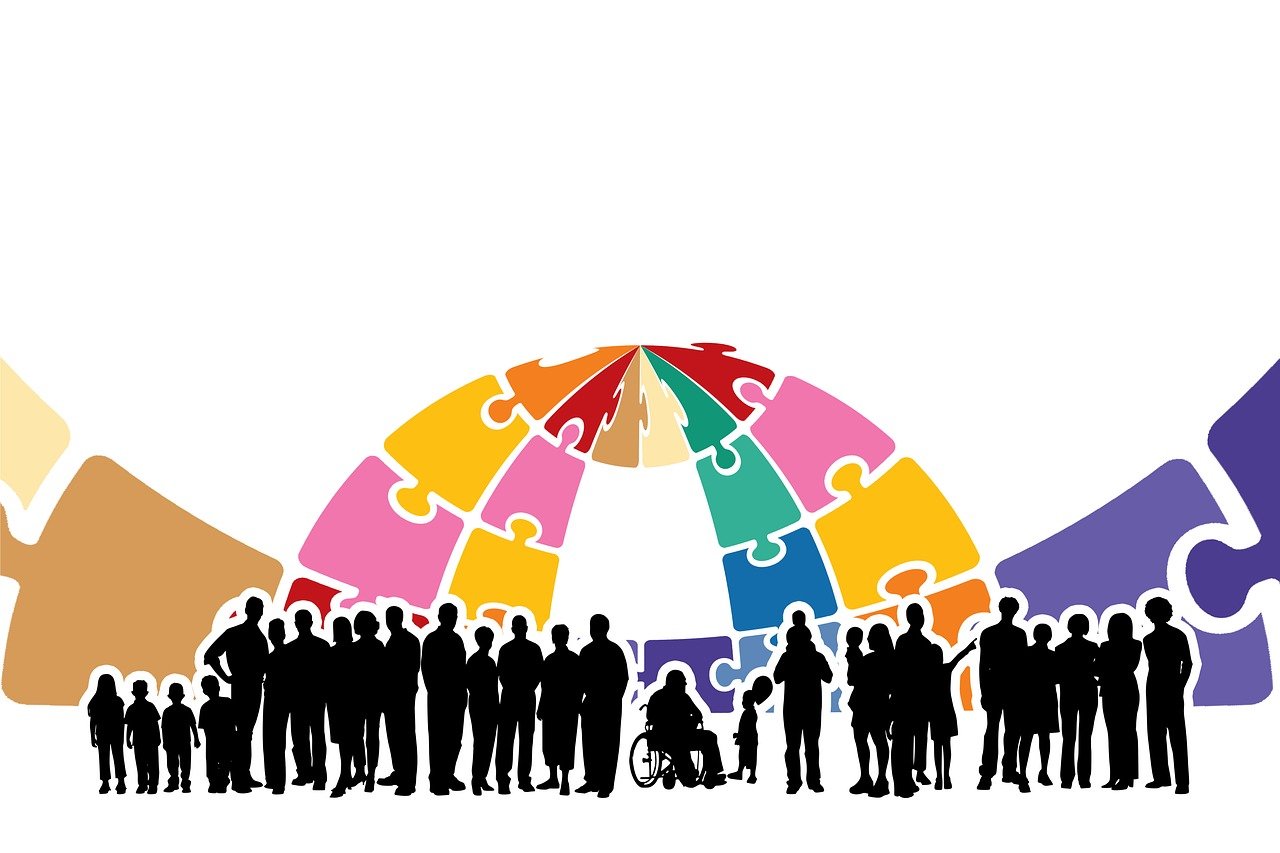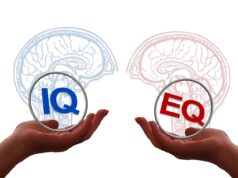An “open society” is a concept popularized by philosopher Karl Popper, referring to a society characterized by a high degree of political and personal freedom, transparency, and tolerance of different opinions and lifestyles. In an open society, the government is responsive and accountable to the people, and institutions are transparent and open to scrutiny. Citizens are free to express their views, question authority, and engage in public discourse without fear of repression.
Key features of an open society include:
- Democratic Governance: Governments are chosen through free and fair elections, and the rule of law is upheld.
- Human Rights and Freedoms: Individuals have fundamental rights, such as freedom of speech, assembly, and religion, which are protected by law.
- Tolerance and Pluralism: Diversity of thought, culture, and identity is encouraged and protected. Differences are seen as a strength rather than a threat.
- Transparency and Accountability: Government actions and decisions are open to public scrutiny, and there are mechanisms in place to hold officials accountable for their actions.
- Open Communication: There is free access to information, and the media can operate independently and without censorship.
The concept emphasizes the importance of critical thinking and the ongoing need to question and improve societal norms and structures to better reflect justice and human dignity.
In “The Five Stages of Civilization” by Roland Y. Kim, the concept of a “Stage 5 Society” can be related to the features of an open society as follows:
- Democratic Governance: A Stage 5 society emphasizes the importance of democracy, with an egalitarian structure that promotes freedom and equal participation in governance. This aligns with an open society’s feature of democratic governance, where the rule of law is upheld, and governments are responsive and accountable to the people.
- Human Rights and Freedoms: The Stage 5 society is characterized by a high level of human rights and personal freedoms. It encourages the free expression of ideas, beliefs, and values, similar to the open society’s protection of fundamental rights such as freedom of speech, assembly, and religion.
- Tolerance and Pluralism: In a Stage 5 society, there is a significant focus on pluralism and tolerance. It promotes an environment where diversity is not only accepted but valued. This mirrors the open society’s encouragement of diversity of thought, culture, and identity, viewing differences as a strength rather than a threat.
- Transparency and Accountability: The Stage 5 society strives for transparency in its institutions and leaders, ensuring that decision-making processes are open to public scrutiny. This is a core aspect of an open society, which seeks to hold officials accountable and maintain a transparent governance structure.
- Open Communication: A key feature of the Stage 5 society is the emphasis on open communication and dialogue, enabling individuals to express themselves freely and engage in public discourse. This aligns with the open society’s value of free access to information and the independent operation of the media.
Key Similarities between Stage 5 Societies and Open Societies:
- Democratic Governance and Participation:
- Both Stage 5 and open societies uphold the principles of democratic governance, ensuring that all citizens have a voice in decision-making processes. This includes free and fair elections, protection of minority rights, and mechanisms for public accountability.
- Protection of Human Rights and Freedoms:
- Stage 5 societies, like open societies, strongly emphasize the protection of individual rights and freedoms. This includes freedom of speech, assembly, religion, and the right to a fair trial. Human rights are enshrined in the legal framework and actively protected by independent institutions.
- Inclusivity and Pluralism:
- In both Stage 5 and open societies, diversity is celebrated, and pluralism is actively promoted. These societies value and protect the rights of all individuals, regardless of their background, beliefs, or identity. There is a strong emphasis on tolerance, respect, and the inclusion of different perspectives in public discourse.
- Transparency and Accountability:
- Stage 5 societies, like open societies, prioritize transparency in governance and accountability of public officials. There is an active effort to ensure that government actions are open to public scrutiny, and there are strong institutions to prevent and address corruption.
- Empathy and Social Justice:
- Both types of societies focus on empathy and social justice. Stage 5 societies particularly emphasize the need for compassion and support for all members of society, including marginalized and vulnerable groups. This aligns with the open society’s commitment to social equity and justice, where efforts are made to reduce disparities and promote the well-being of all citizens.
- Rejection of Authoritarianism:
- A defining characteristic of both Stage 5 and open societies is the rejection of authoritarianism. They uphold the importance of limiting government power, protecting civil liberties, and ensuring that power is exercised in a manner that respects the rights and freedoms of individuals.
In summary, Stage 5 societies embody the ideals and values of open societies to a significant extent. They represent a mature and advanced stage of societal development where democratic principles, human rights, inclusivity, and social justice are deeply ingrained. Therefore, Stage 5 societies can be seen as closely aligned with the concept of open societies, as both strive for a fair, just, and open system where all individuals can thrive.
Overall, the features of a Stage 5 society in Kim’s model reflect the ideals of an open society, focusing on freedom, equality, transparency, and respect for diversity. Both concepts emphasize the importance of creating a societal framework that supports and nurtures these values.
Continue Reading more in detail by Visiting fivestagesofcivilization.com








